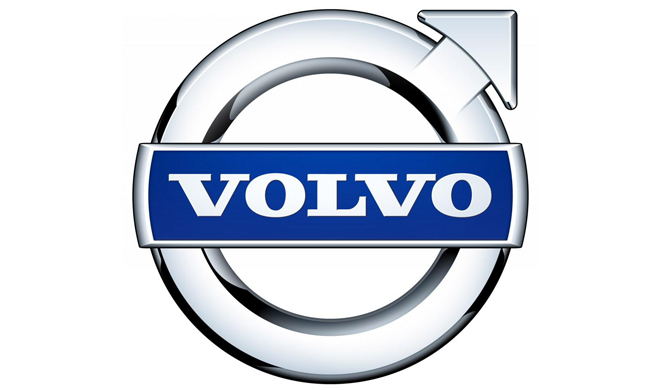
Volvo Cars of North America LLC and Volvo Car USA LLC are facing a class action lawsuit. The suit alleges they were spreading misleading information concerning their vehicles. In other words, the companies misrepresented their cars as having compatibility with Android Auto. The plaintiff notes the defendant’s marketing campaign was assuring customers that the automaker’s Volvo XC90 vehicles are compatible with Android Auto. The plaintiff asserts this information isn’t true.
Actually, it was in September 2014, when the automaker started selling its Volvo XC90 crossover SUVs in the U.S. According to Volvo class action, the company was advertising that these vehicles could offer customers technologically sophisticated opportunities. The goal was distinguishing new generation of Volvo XC90 crossover vehicles from its competitors.
Furthermore, the automaker was particularly focusing the customers’ attention on its ‘’Sensus’’ in-car technology user interface. Volvo class action states the defendant referred to one of the most advanced features of the Sensus user interface: the compatibility with Android Auto. The main advantage of this feature is that it gives drivers the opportunity of integrating their Android smartphone features with the vehicle’s Sensus system. As a result, some Android applications appear on the Volvo XC90 crossover vehicle’s touchscreen display.
Edward F. Haber and Patrick J. Vallely of Shapiro Haber & Urmy LLP are representing the plaintiff.
Details concerning Volvo class action
The plaintiff says the automaker’s representations concerning the compatibility of the new generation of Volvo XC90 crossover SUVs with Android Auto are false. In addition to that, Volvo is already admitting that the affected vehicles’ Sensus system shows no compatibility with Android Auto. They also note ‘’Sensus’’ in-car technology user interface in Volvo XC90s will never have compatibility with Android Auto, as Volvo class action claims.
Moreover, the complaint states in order to be compatible with Android Auto, the vehicle should come with two USB ports. However, the XC90 vehicles are equipped with only one USB port, since the manufacturing of these vehicles occurred before April 2016.
The plaintiff accuses the companies of providing customers with misleading information regarding the affected vehicles’ compatibility with Android Auto. Thus, he refers to the violation of the following laws: New Jersey’s Consumer Fraud Act and breached express warranties under New Jersey law.
It was in May 2016, when Middien bought a Volvo XC90 vehicle of the model year 2016. He made a decision of purchasing this vehicle, as he relied on the automaker’s press releases and marketing texts. These materials referred to the compatibility of Volvo XC90 Sensus system with Android Auto.
What the lawsuit seeks
The plaintiff is seeking to represent a Class of any consumer who either bought or leased a new Volvo XC90 of the model year 2014 or 2016. This also includes those consumers who bought or leased a new Volvo XC90 vehicle of the model year 2017 equipped with a Sensus system, which shows no compatibility with Android Auto and cannot be made compatible with it.
Middien refers to about 29 000 putative Class Members. He seeks the following: attorneys’ fees, actual damages and other relief determined by the court.

